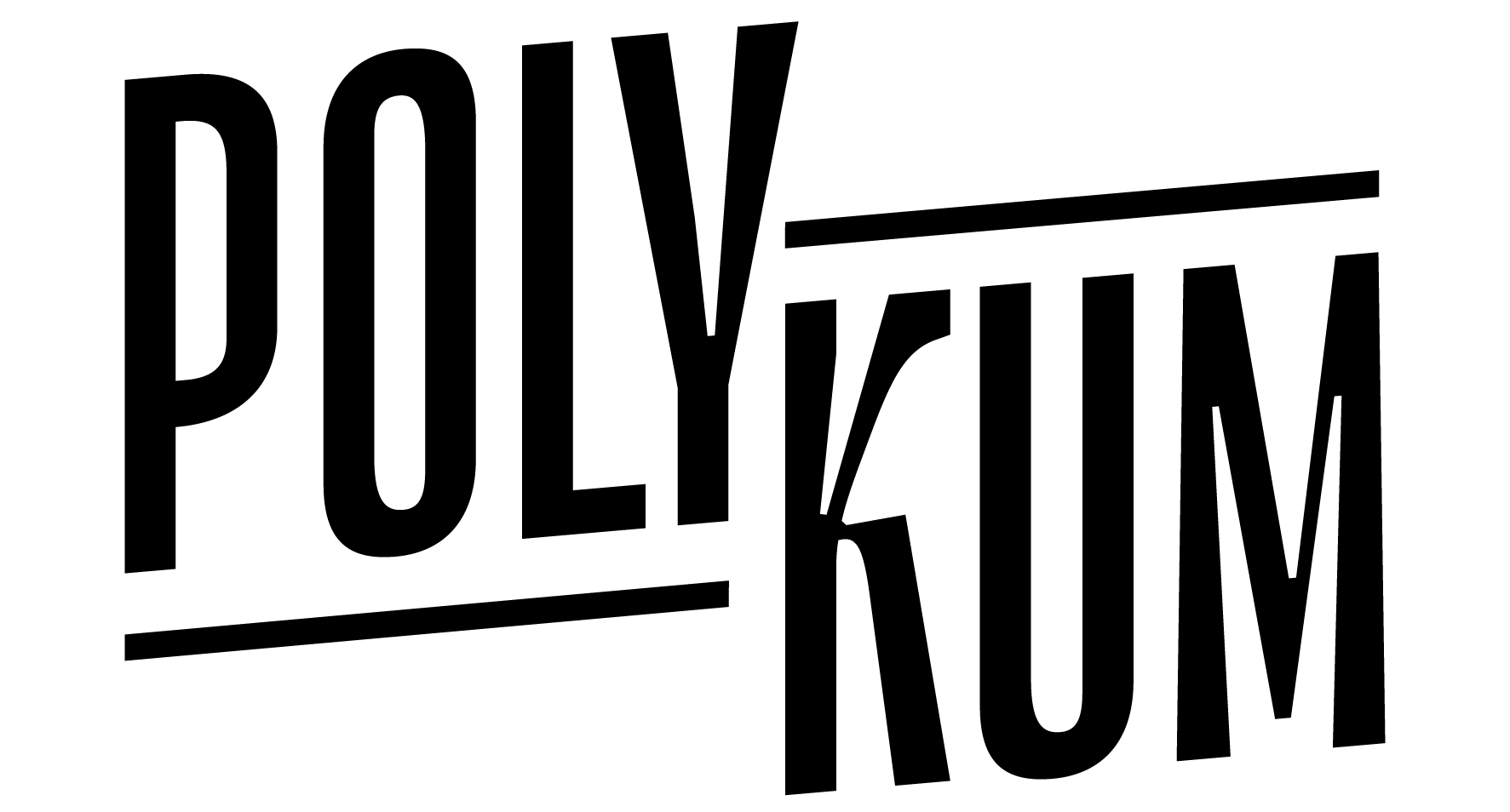by Anja Wullschleger
Nationality, ethnicity, and cultural background are all considered key traits when it comes to our identity as people. Whether you are proud of your heritage, consider yourself as part of a group, or are passionate when rooting for national sports teams, how you self-identify can dictate your actions and how you relate to others. What would happen if these traits were “exotic”, controversial, or outright contradictory?
Half Chinese, half Swiss
My mother is a native Chinese, while my father is a native Swiss. After having met at work in Switzerland, they married and had me, a mixed-race baby. Growing up at home, I had a really rich cultural experience, whether it was the food I ate, the contrasting parenting styles or the multiple languages I speak to this day. I didn’t notice anything different about it, why would I?
To me, I was completely normal. It was only when I started school that I struggled. There was a language barrier, and I was rather shy. Socially isolated, I was eventually bullied for several years for reasons ranging from being a quiet nerd all the way to being a foreigner. I was asked questions and told things such as “Do you abuse dogs?” or “I’m telling others to not invite you over, because you’ll be cruel to their cat and see it as food”, to being chased around during breaks, being hit, expected to fight back using kung-fu, or being yelled at with nonsense passed off as Chinese. Now, I don’t think many of my bullies still behave the same. They were kids whose home environment didn’t teach them to be respectful of other cultures, and in the remote region where I lived, Asian representation was a dime a dozen.

Identities are a complex amalgamation of individual characteristics,
historical factors, and socio-political contexts. For marginalised and un-
derrepresented groups navigating in spaces where they are constantly
“othered”, this activation of identity is an everyday process. For those of
us who don’t feel this dissonance, it is important to remember: there is
privilege in not having to identify.
Where are you from?
Despite being half Swiss, living here my whole life has shown me that the trait different from the norm is always the highlight of who you are to strangers. Being mixed, many struggle to know my exact ethnicity, yet still make remarks about the differences they notice in me eventually. Guessing where I’m from has started to feel like a party trick. Part of me is coping with it, yet I feel a deep sense of loneliness. My differences are worn on my skin, my face, my eyes, in what I eat, think and speak. Being proud of my heritage has become increasingly difficult through bullying, loneliness, and political tensions between China and the West. The separation of culture, nationality and politics is difficult for most to grasp, and it’s only harder being a mix of two opposite ends of the spectrum.
A culture tug of war
On top of all of that, I face constant pressure from both sides of my family. A father who has racist, conservative, capitalistic, and homophobic ideas, and an anti-communist, yet deeply superstitious, traditional, group and cultural taboo focused mother have left me torn. I know the beauties and downfalls of each side. I know very clearly who my parents are, and so do they, yet neither side has a grasp on who I am. At home, either parent spends significant amounts of time scrutinising my every thought, my preferences, and choices. Small acts are immediately taken as a sign I am more of one than the other. I am the rope in a cultural tug of war, and it’s been tearing me apart.
Always a foreigner
Do I feel more at home in China? Absolutely not. As a kid, visiting China felt like a circus show. On the streets, strangers would insist on taking pictures with me, grasp at me, ask me personal details including where I’m from. To people in China, I am a mixed child who’s not one of them. My eyes, nose, height, and build are highlights by which they identify and isolate me from them. My ethnic background, ideologies and preferences are a bigger topic of conversation than anything else at family gatherings, overshadowing me as a person, a dehumanising experience. Meeting Chinese students at ETH, many don’t realise I speak the same language. When I reveal my neutral accent, many gawk and I always get the influx of personal questions about it. They are sweet people, just that, like my Chinese family, their group-oriented culture can come off as invasive to Westerners.
My whole life, I’m reminded that being mixed race and multicultural, I have no homeland or people I belong to. I will always be a foreigner. To cope and express my feelings of alienation, I draw and write. In a mental health and traditional folklore focused novel I’m writing, an original character details my experiences with identity and helped capture what’s happened, reflect, and come to a conclusion.
The horned man
In short, a horned mythical man from an island moves across the ocean to a land full of opportunities where he becomes the housekeeper for an old god. He is paid well, treated fairly, supporting his family back home, yet a lingering sense of unease plagues his every day. In the god’s home, he is isolated from his culture of origin, and he matches his employer’s tastes and habits to better fit into the role expected of him. When running errands, the locals can’t help but stare at the horn on his forehead, blue skin and yellow eyes with comments ranging from curious questions to rare bothersome assumptions that he’s an invasive demon. “I’m treated well, but why does it hurt?” One day the housekeeper visits home. Surely, he’ll feel comfortable back with his people. Recognising every street, neighbour, and friend, they comment on his posture and new language quirks. When home at last, he shares what he learned and his father comments that he has to relearn who his son is, who seems like a total stranger and nothing like the young man who sailed off years ago. This comment is not too dissimilar from ones I’ve received from my closest family members after entering ETH. The horned man is distraught by the sudden distance between him and a family member he was very close with. His homeland doesn’t recognise his soul and his new land doesn’t recognise his body. Saddened, he stayed quiet on his way back to his job, catering to the old god’s dinner party with other deities. Perceiving his sadness, most hesitate to comment until one of them asks him what is bothering him. After hearing his story, each give their words of wisdom.
Words of wisdom
“Differences are neither negative nor positive, isolating or inclusive, they are only so when others or you yourself place them on these spectrums. Being a person with rare experiences can mean isolation, but it can also be an opportunity to realise that we all have the freedom over our identity. You don’t have to be a foreigner when home is in your heart. Of course, the pieces of your puzzle won’t fit in either land’s set, you have to create and find comfort in your very own. Two whole nations versus you, which one is greater is on you. Focus on your own happiness, chase vast concepts or be an ever-changing unique mix that is a person.”
Comforted and enlightened, the housekeeper thanked them, joined social circles with other rare fantastical creatures, shared his culture’s food and stories to the delight of his curious employer and through his unique expression of his identity was no longer a strange foreign demon, but an optimistic, open-minded and resilient one.
Identities are a complex amalgamation of individual characteristics, historical factors, and socio-political contexts. For marginalised and underrepresented groups navigating in spaces where they are constantly “othered”, this activation of identity is an everyday process. For those of us who don’t feel this dissonance, it is important to remember: there is privilege in not having to identify.
Anja Wullschleger, 21,
Biology BSc, currently writing and participating in student organisations like MeWell or small hobby groups like ETH anime.

